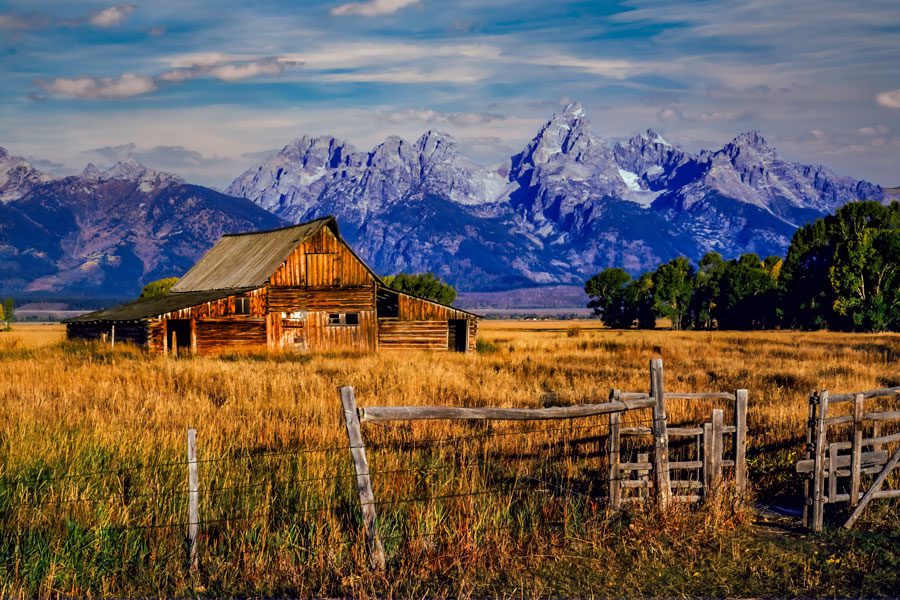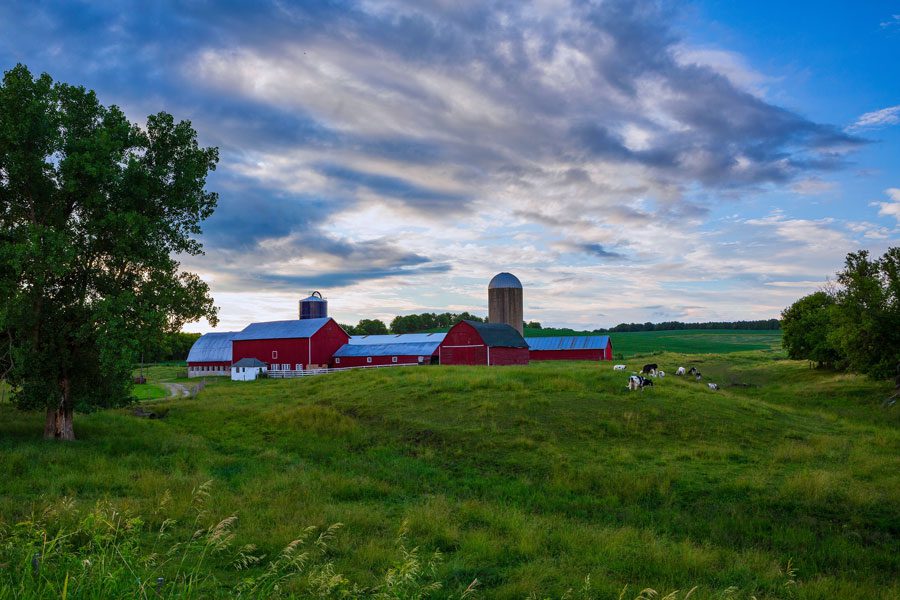Resource Library
NREL: Clean Energy to Communities Program: Peer-Learning Cohorts
Overview
Clean Energy to Communities (C2C) offers peer-learning cohorts to advance local clean energy goals.
Clean Energy to Communities (C2C) offers peer-learning cohorts to advance local clean energy goals. Cohorts are funded by the U.S. Department of Energy and managed by NREL with support from the World Resources Institute.

Peer-learning cohorts are multicommunity engagements that convene regularly for approximately 6 months to exchange strategies and best practices, learn in a collaborative environment, and workshop policy or program proposals, action plans, or strategies to overcome challenges around a common clean energy transition topic.
Lab experts provide a cohort of up to 15 communities with education, case studies, analysis and modeling tools, templates, trainings, and facilitated collaboration to enable accelerated clean energy progress.
Eligibility
Peer-learning cohorts are intended for eligible primary applicants that have decision-making power or influence in their community but need access to additional clean energy expertise to inform upcoming opportunities. Eligible primary applicants for the current cohort topics may include:
- Tribes
- City, town, or county (local) governments
- Metropolitan planning organizations (select cohort topics)
- Regional planning organizations (select cohort topics)
- Utilities (select cohort topics)
- Community-based organizations (select cohort topics)
- Other public entities, such as transit agencies, school districts, and housing authorities (select cohort topics).
Primary applicants may benefit from including secondary partners (e.g., electric utilities, community-based organizations, Clean Cities coalitions, and other public agencies) on their application, especially those who may play a significant role in planning, decision-making processes, and implementation efforts. Future cohort topics may allow other organization types as prime applicants, and they will be indicated as such on the cohort descriptions and applications.
Related Resources
Careers in Green Buildings, Energy Efficiency & More
Explore the Green Buildings Career Map to learn about jobs and opportunities in the green buildings and energy efficiency industry.


